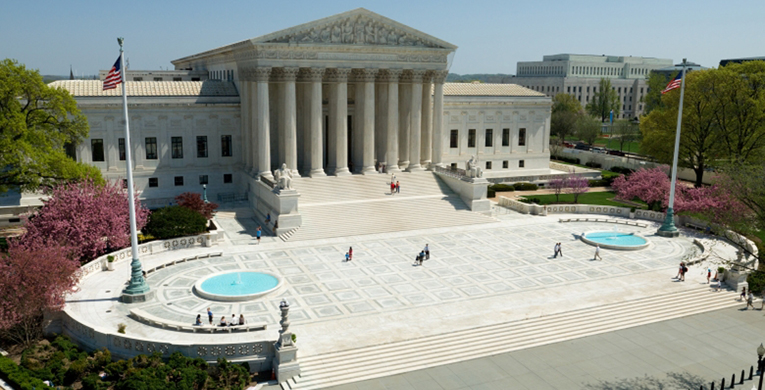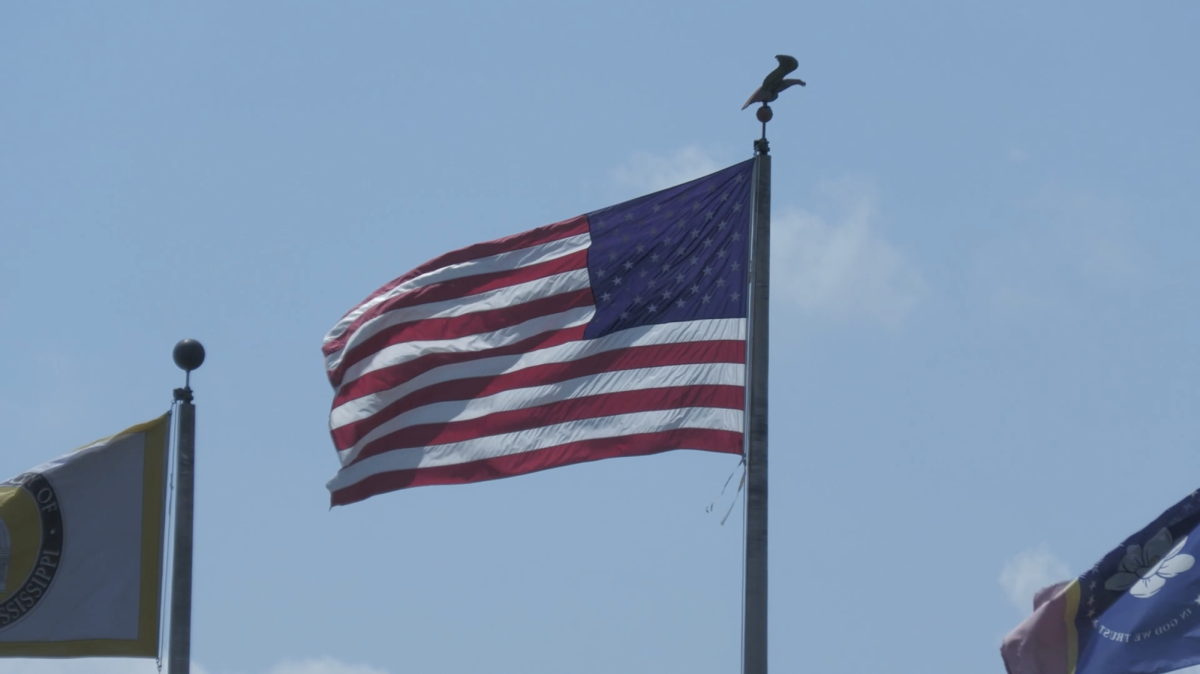
The same-sex marriage situation is at a standstill and is set to remain this way as the Supreme Court decided not to make a decision on the issue when they entered a new term on Oct. 6.
The Supreme Court had enough material to stay busy when the justices met last week to sift through about 2,000 cases – ranging from issues like religious freedom in prisons to political redistricting and to freedom of speech on Facebook – that have piled up over the summer, leaving little time to focus on the big issue of gay marriage.
Justice Ruth Bader Ginsburg pointed out in September that there was “no need for us to rush,” considering the tendency for appeals courts to strike down states’ bans on same-sex marriage.
On Oct. 8, Justice Anthony Kennedy issued a temporary stay in a same-sex marriage case involving Idaho and Nevada, after the 9th U.S. Circuit Court of Appeals struck down the two states’ bans on same-sex marriage Tuesday.
Ginsburg said there would be some urgency when an appeals court allows same-sex marriage bans to stand, thus going against the legal trend favoring gay marriage across the country. Such conditions might force the Supreme Court to step in sooner, according to Ginsburg.
A Gallup poll from May 2014 showed that Americans’ support for the law recognizing same-sex marriages as legally valid has increased to a new high of 55 percent. The poll showed that young Americans are more supportive of same-sex marriage, gradually driving up the overall support.
In view of this lack of conflict in the lower courts, the Supreme Court chose to leave the same-sex marriage situation at a standstill, in favor of challenges brought up by conservatives.
For example, the increasing use of citizen commissions to draw congressional district lines in many states has been challenged by the Republican-ran legislature in Arizona, who deems the practice unconstitutional.
On Oct. 7, the Supreme Court heard the case involving the Religious Land Use and Institutionalized Persons Act, signed by President Clinton in 2000, and a Muslim inmate in Arkansas who was denied the ability to grow a short beard as commanded by his faith. Arkansas does allow inmates to grow beards for medical purposes, and Muhammad’s beard would be permissible in 44 state and federal prison systems across the country.
“The irony of restricting (religious freedom) in prisons is particularly painful, because we know from 20 years of work that religion, faith, is the one thing that will turn the lives of these prisoners around,” said Chuck Colson, founder of the Prison Fellowship, according to the Becket Fund website. Numbers from the InnerChange Freedom Initiative show a 12 percent drop in reincarceration rates when prisoners exercise faith.
Other issues that will be examined by the Supreme Court this term include the extent of First Amendment rights concerning threats made on Facebook, a decision on whether states that elect judges can bar judicial candidates from personally soliciting campaign contributions and an anti-abortion and women’s rights groups’ urging the court to require employers to treat pregnancy the same way other temporary disabilities are treated on the job.






























